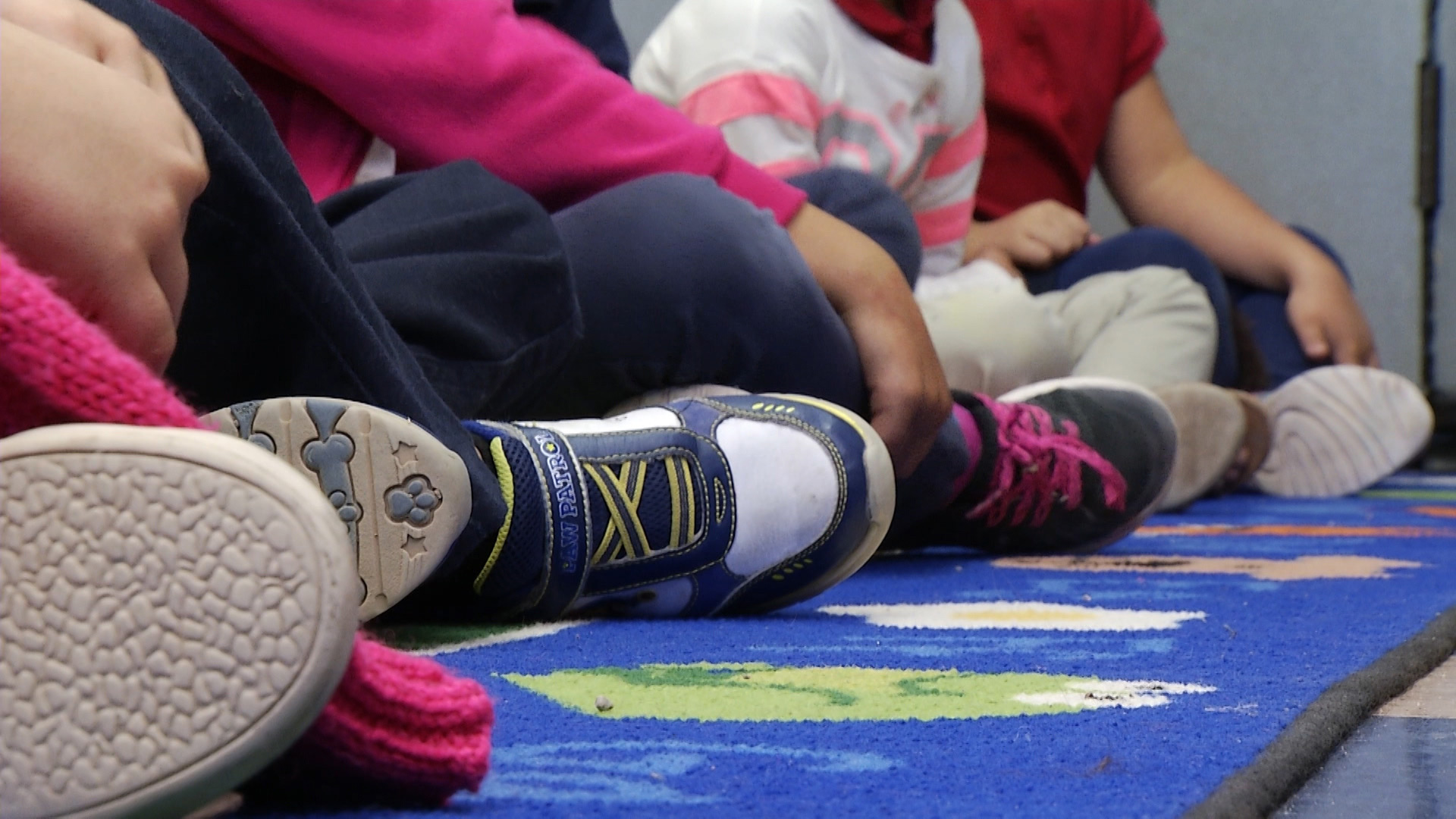
The State Board of Education decided to wait to vote on the Empowerment Scholarship Accounts Handbook, which gives guidelines to families who use universal school voucher funding. John Ward, the executive director for ESAs, says there are new proposed spending caps on supplementary materials.
Limits include:
- A $4,000 limit on instruments every three years per ESA student
- A $2,500 limit on physical education equipment every three years per ESA student
- A $1,500 limit on tools for vocational education every three years per ESA student
- A $500 limit on home economic equipment every year per ESA student
ADE officials say the handbook is reflective of questions and feedback they received from universal school voucher parents. Earlier this month, the department asked parents to submit feedback regarding the handbook. On Thursday, Ward told the board that they heard from 216 unique account holders. Ward emphasized the spending limits are only applicable to universal school voucher recipients–not students with a disability.
“If you are in the camp of being a student with a disability, you are always able to submit a therapist letter to justify why you need to spend more than these caps,” Ward told the board.
The universal school voucher program has been under scrutiny over the last few years due to uncapped spending. Opponents of the program say it takes away funding from public schools, making their funding issues even more exacerbated. In 2024, Arizona ranked 49th in the nation for per-pupil funding.
According to U.S. Census Bureau data, the state spends on average $10,000 per student. The national average exceeded $15,000. Opponents also say families who utilize universal school vouchers were already enrolled in private schools or use the funding for unintended spending like Lego sets.
The handbook, which tells parents how they can use ESA funding, now also requires a curriculum for supplemental materials–a requirement that the state Attorney General’s office said was mandated by law. However, that guidance is being disputed in court. Until that is resolved, the committee included language that adapts to however the court may rule.
“If required by law or court order, all supplemental materials shall be submitted with curriculum documentation. If not required by law or court order, curriculum documentation is not required for supplementary material generally known to be educational,” the handbook says.
Janelle Wood, an advocate for universal school vouchers who sat on the committee that worked to draft the handbook, says it was important for the committee to answer three questions: is the guidance confusing or unclear? Is the guidance limited or too restrictive? And does the guidance need further clarification and explanation?
“We want this program to be successful,” Wood said. “Whatever it takes to make sure that there's guidance in place, so that there's no longer any myths, any unclarity, and there's more transparency and this program is user-friendly.”
Other changes include an expanded list of prohibited expenses, like food, multiperson kayaks, motorized vehicles, car seats, etc. The board was expected to vote on the handbook Monday afternoon but decided to hold their decision until an April meeting.

By submitting your comments, you hereby give AZPM the right to post your comments and potentially use them in any other form of media operated by this institution.